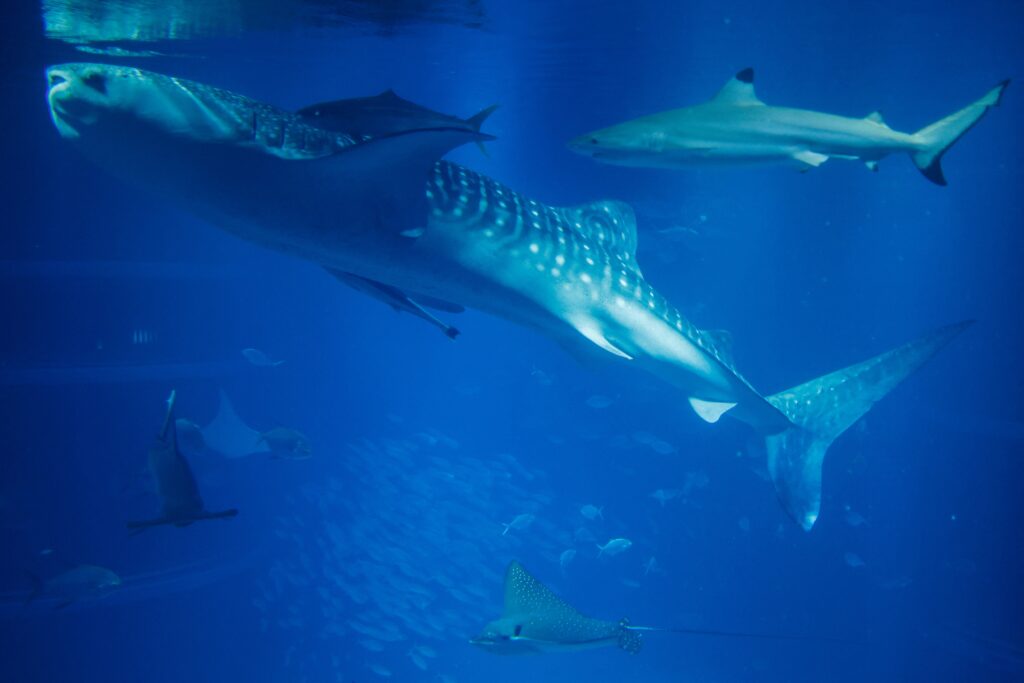
- ARAB NEWS
- 19 May 2024

TOKYO: Japan’s Fisheries Agency has proposed expanding commercial whaling along the country’s coast to fin whales, a larger species than the three currently permitted.
The proposal comes five years after Japan resumed commercial whaling within its exclusive economic zone after withdrawing from the International Whaling Commission in 2019. It ended 30 years of what Japan called “research whaling” that had been criticized by conservationists as a cover for commercial hunts banned by the commission in 1988.
Chief Cabinet Secretary HAYASHI Yoshimasa, whose electoral district is traditionally known for whaling, said Thursday the government supports sustainable use of whales as part of Japan’s traditional food culture and plans to promote the industry.
“Whales are an important food resource and we believe they should be sustainably utilized just like any other marine resources, based on scientific evidence,” Hayashi told reporters. “It is also important to carry on Japan’s traditional food culture.”
The Fisheries Agency said it is seeking public comments until June 5 on the proposed plan and will seek its approval at the next review meeting in mid-June.
The agency decided to propose adding fin whales to the allowable catch list after stock surveys confirmed a sufficient recovery of the fin whale population in the North Pacific.
The plan is not meant to increase whale meat supply and whalers who catch fin whales do not necessarily have to meet a quota, an agency official said, speaking on condition of anonymity to discuss the issue. For this year, the agency has set a combined catch quota of 379 for the three other whale species.
Last year, Japanese whalers caught 294 minke, Bryde’s and sei whales — less than 80% of the quota and fewer than the number once hunted in the Antarctic and the northwestern Pacific under the research program.
Japan’s whaling has long been a source of controversy and attacks from conservationists, but anti-whaling protests have largely subsided after Japan terminated its much-criticized Antarctic research hunts in 2019 and returned to commercial whaling limited to Japanese waters.
Whale meat consumption in Japan was an affordable source of protein during the malnourished years after World War II, with annual consumption peaking at 233,000 tons in 1962. However, whale was quickly replaced by other meats and supply has since fallen to around 2,000 tons in recent years, according to Fisheries Agency statistics.
Japanese officials want to increase that to about 5,000 tons, to keep the industry afloat.
On a visit to the former Tsukiji fish market area in downtown Tokyo, Yuuka Fujikawa from Hokkaido, said she has hardly seen whale meat sold at supermarkets. “I’ve actually never tried it myself,” she said.
“I want more people to appreciate the taste of whale,” said Hideyuki Saito, from neighboring Saitama prefecture. “I want it to be more popularized.”
Carlos Sempere Santos, a 28-year-old tourist from Spain, said he couldn’t imagine eating whale as whales are special and smart animals.
Shirley Bosworth from Australia said she opposes whaling because whales “should be protected.” Whales often get beached in Australia, where people unite to try and “push them back in the sea.”
A whaling operator Kyodo Senpaku Co. last year launched whale meat vending machines. The company also completed construction of its new 7.5 billion yen ($48 million) Kangei Maru — a 9,300-ton mother ship — and pledges to use it for sustainable commercial whaling.
AP